“Historians have largely ignored or actively sought to scrub all evidence of Southern queerness from history. These works, both academic and fictional, seek to amend that.”
It’s human nature to seek representation. Studying literature and history, the discerning queer will inevitably look for evidence of themselves among book characters and historical figures. But students of Southern history and Southern literature find themselves reading between the lines more often than not. The South’s conservative and religious majority has made it nearly impossible to suss out the queers in classic Southern literature and in the history books. That’s why this list exists.
Below you’ll find a list of works by historians and fiction writers who have attempted to uncover and demystify the intersections of sexuality, race, religion, and class in the South.
Consider the following a beginner’s guide, not a comprehensive list, to understanding Southern queerness as it was, or as contemporary writers imagined it to be.
Lovers and Beloveds: Sexual Otherness in Southern Fiction 1936-1961 by Gary Richards
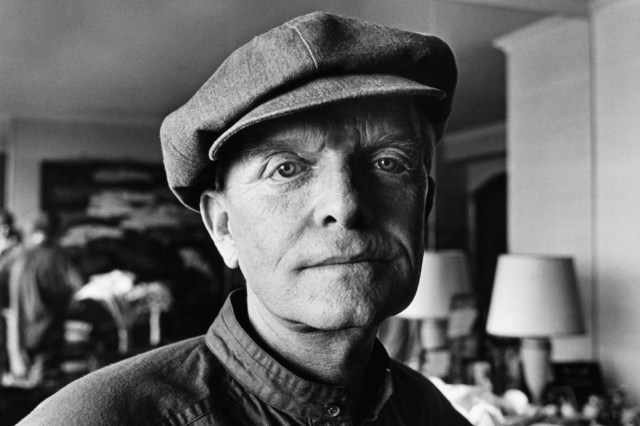
Photo Copyright George Rose/Getty Images
Lovers and Beloveds is a great place to start for anyone interested in closely analyzing Southern literature for whiffs of queerness. Richards studies Southern fiction writers like Truman Capote, Harper Lee, Lillian Smith and others who wrote during a time when the South was viewed as the setting for fictional (and real) debauchery and deviancy. Richards’ analysis is more readable than dense. Notably, Lovers and Beloveds was the first book to consider same-sex intimacy in a broad range of Southern literature (and the first to attempt to reason out lesbian desire as an theme in To Kill a Mockingbird).
Southern Ladies & Gentlemen by Florence King
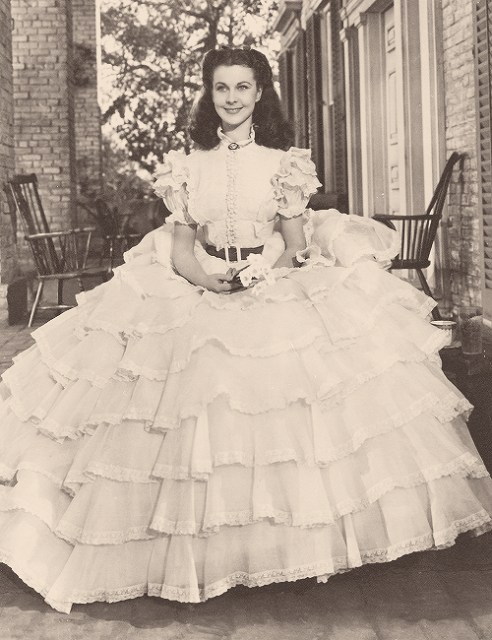
Easily one of the funniest Southern American writers, Florence King educates “Yankees” on Southern life and culture in her 1975 work Southern Ladies and Gentlemen. Each chapter in the book focuses on a certain Southern individual, for example, “He’s a Little Funny, but He’s Nice,” a chapter on the “gay confederation;” or “The Meouw Corner” a chapter on female friendships that can often be “sensual” in nature. Southern Ladies and Gentlemen deals not only with queer Southern sexualities but with issues of race, gender and class. King, a self-described bisexual and “conservative feminist lesbian,” has a knack for hilarious, over-the-top, borderline-offensive storytelling.
Georgia Scenes by Augustus Baldwin Longstreet
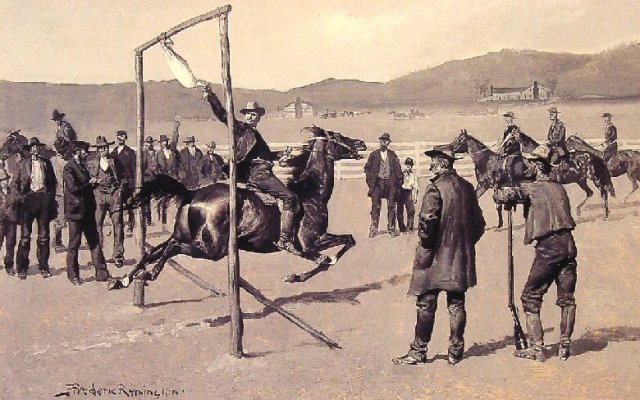
Augustus Longstreet was a Georgia-born lawyer, minister, and oddly, a humorist, and his Georgia Scenes require a bit of an academic eye. Initially published in 1840, Georgia Scenes is a collection of Southern humor stories and sketches by Longstreet originally published in newspapers. Two of the stories within, “The Gander Pulling” and “A Sage Conversation,” are often read with queer subtext. “The Gander Pulling” features a game in which men on horseback tug at a lubed up gander hung upside down for sport. Particularly interesting is “A Sage Conversation,” in which a story is told of a same-sex male couple raising children together.
Carryin’ On in the Lesbian and Gay South edited by John Howard
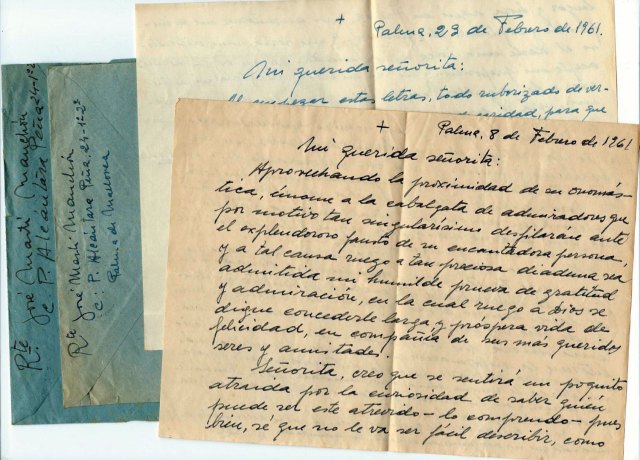
Historians have largely ignored or actively sought to scrub all evidence of queerness from history. That’s where Carryin’ on in the Lesbian and Gay South steps in. This groundbreaking collection of essays, published in 1997, searches for evidence of “carryin’ on” in the South, from the antebellum era to the AIDS epidemic. The first five works of the book closely analyze letters exchanged by same-sex lovers, or “writhing bedfellows.” Within this work are intellectual discussions of race, sexuality, and scandalous excerpts referring to “fleshen poles” and “bi-sexual” charm.
Interview with a Vampire by Anne Rice
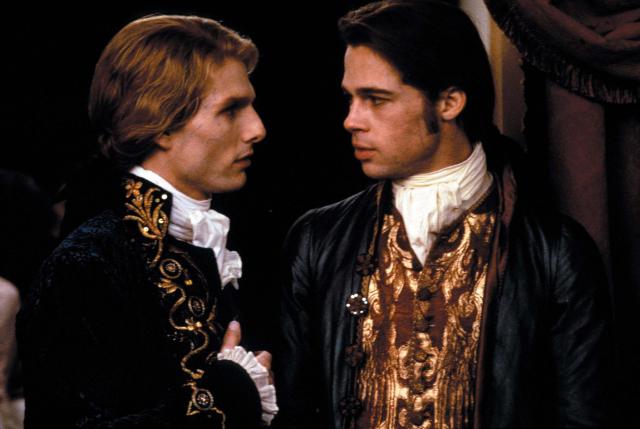
Vampirism lends itself pretty easily to sensual interpretation. Interview with a Vampire (both the book and film adaptation) is probably one of the gayest works to ever garner mainstream popularity. Two permanently young and beautiful men, outcasts due of their “affliction,” adopt a child together and cohabit in a gorgeous mansion. It’s pretty obvious when you think about it.
The Color Purple by Alice Walker
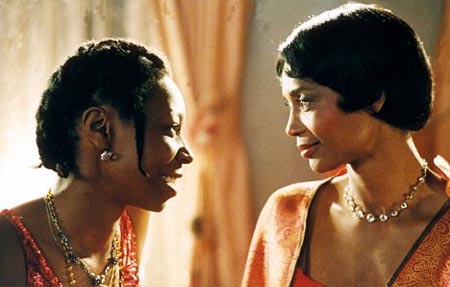
It’s impossible to discuss queer Southern literature and not mention The Color Purple. Lifelong activist, feminist, and former romantic partner of Tracy Chapman, Alice Walker’s 1982 Pulitzer-Prize-winning novel tells the complex story of a black family struggling to survive in the South in the 1930s. Within the pages, you’ll find queer sexualities, same-sex relationships that provide support in the face of abusive different-sex ones, and subversive figures who refuse to conform to the gender roles placed upon them, along with characters confronting the racism and sexism of the time.
Cotton’s Queer Relations by Michael Bibler
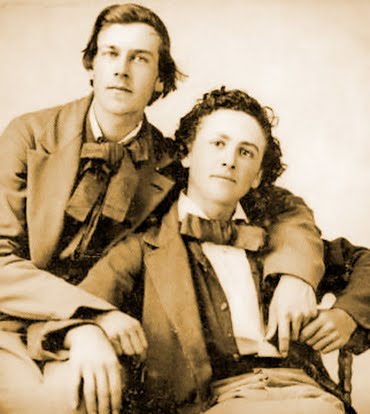
Dr. Bibler taught me “Old South Sexualities,” my senior year in college, and I only wish I’d taken this English elective sooner. Cotton’s Queer Relations takes a magnifying glass to mid-twentieth century works by William Faulkner, Tennessee Willliams, and others and closely examines same-sex intimacy found within the pages. Bibler’s work, along with his class, taught me how to more closely examine hidden “queerness” in literature. A bit academic at times, this work makes space for queer interpretations of Southern literature.



Fried Green Tomatoes also
As a Southern queer myself, I thank you kindly for this list! I’ve been wanting to read more about queer history lately so this is perfectly timed. <3
Memoir of a Race Traitor?
I miss Tracy Chapman.
Also, John Howard’s Men Like That: Southern Queer History is totally great if you are interested in queers in Mississippi!
This has been on my list of “to reads” for a while! Thanks for reminding me!
this is what millennials do?
gid everyone is screwed.
“This is what millenials do?”, some millenials yes, it’s great isn’t it? Knowledge seeking, looking at history critically, journalism with less ego, less ” this is my truth, listen to me” and readers who are happy to be pointed to different sources, to read on or not read on, to learn about histories not written by the winner. It’s great isn’t it?
I think this is an interesting and important resource but I do hesitate at the use of ‘qu**r history’ to describe it – since the majority of our history associated with that word has had a distinctly negative connotation
I don’t think it’s so much an issue when describing works of fiction or the modern authors/editors who ID with it, but using the word to address love letters past between real people from time-periods where it was used so violently… I dunno
I recently picked up My Mama’s Dead Squirrel: Lesbian Essays on Southern Culture by Mab Segrest.
Yes, the title greatly influenced my purchase. What’s more lesbian than a dead squirrel..?
Definitly going to have to check this out!
Ooohhh I haven’t read it yet but a southern lesbian writer I like has mentioned that book a lot! Have you read Dorothy Allison? My favorite book of hers is Trash, her others are really brutal or just not great, but Trash was wonderful.
And Kate Chopin’s The Awakening
I tried to post about Dorothy Allison, but I think I just refreshed the page too soon :/ She’s a southern lesbian writer and I think she’s best known for this heartbreaking, hard to read book called Bastard Out of Carolina but she has this short story collection that’s pretty awesome. It’s called Trash and it’s mostly gritty but there’s some tender stories too.
I’ll have to add her to my list! Thanks <3
I’m still cleaning up the graham crackers I spit everywhere when I scrolled to “Interview with the Vampire”.
Unexpected yet, yeah, totally gay and totally relevant to this list.
Check out my collection of essays: Queer South Rising: Voices of a Contested Place